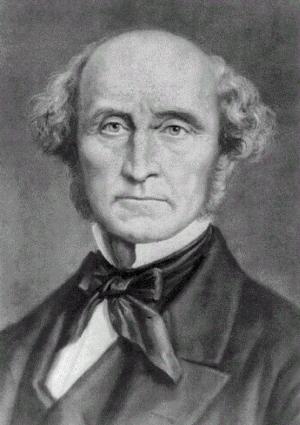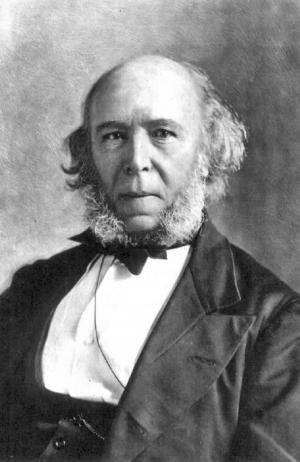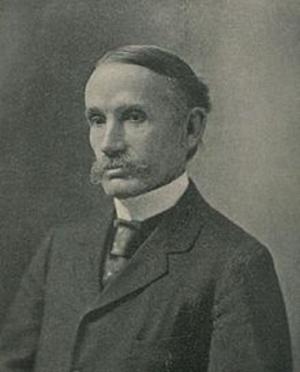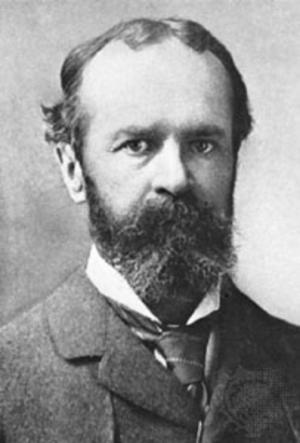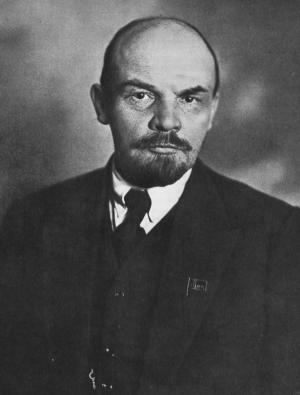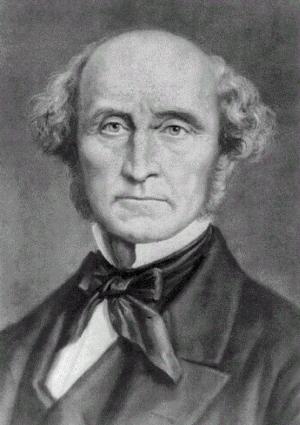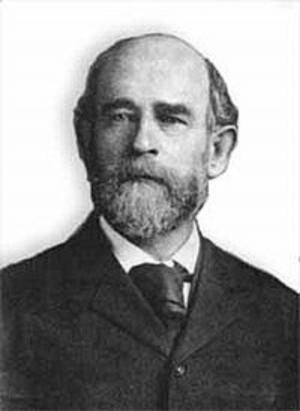The Man versus the State (Illustrated and Bundled with Essays on Government, Society and Freedom)
Business & Finance, Economics, Macroeconomics, Theory of Economics| Author: | Herbert Spencer | ISBN: | 1230000272355 |
| Publisher: | AS Team | Publication: | October 5, 2014 |
| Imprint: | Language: | English |
| Author: | Herbert Spencer |
| ISBN: | 1230000272355 |
| Publisher: | AS Team |
| Publication: | October 5, 2014 |
| Imprint: | |
| Language: | English |
The book has an active table of contents for readers to access each chapter of the titles:
1. The Man versus the State – Herbert Spencer
2. The Proper Sphere of Government – Herbert Spencer
3. Over-Legislation – Herbert Spencer
4. Representative Government—What Is It Good For? – Herbert Spencer
5. The Social Organism – Herbert Spencer
6. Specialized Administration – Herbert Spencer
7. From Freedom to Bondage – Herbert Spencer
Hebert Spencer coined the famous expression “survival of the fittest”.
Spencer’s theory inspired Andrew Carnegie and William Graham Sumner's visions of unbridled and unrepentant capitalism of the United States in late nineteenth-century. Carnegie interpreted Spencer's social theory as justifying merciless economic competition.
Spencer's reputation was not recovered for many years from the interpretative caricatures of many scholars, thus marginalizing him to the hinterlands of intellectual history. Fortunately, recent scholarship has begun restoring and repairing his legacy and theory.
This is a must book for readers who are interested in studying and correctly interpreting Spencer’s theory that can be simply coined by him as “survival of the fittest”.
The book has an active table of contents for readers to access each chapter of the titles:
1. The Man versus the State – Herbert Spencer
2. The Proper Sphere of Government – Herbert Spencer
3. Over-Legislation – Herbert Spencer
4. Representative Government—What Is It Good For? – Herbert Spencer
5. The Social Organism – Herbert Spencer
6. Specialized Administration – Herbert Spencer
7. From Freedom to Bondage – Herbert Spencer
Hebert Spencer coined the famous expression “survival of the fittest”.
Spencer’s theory inspired Andrew Carnegie and William Graham Sumner's visions of unbridled and unrepentant capitalism of the United States in late nineteenth-century. Carnegie interpreted Spencer's social theory as justifying merciless economic competition.
Spencer's reputation was not recovered for many years from the interpretative caricatures of many scholars, thus marginalizing him to the hinterlands of intellectual history. Fortunately, recent scholarship has begun restoring and repairing his legacy and theory.
This is a must book for readers who are interested in studying and correctly interpreting Spencer’s theory that can be simply coined by him as “survival of the fittest”.

